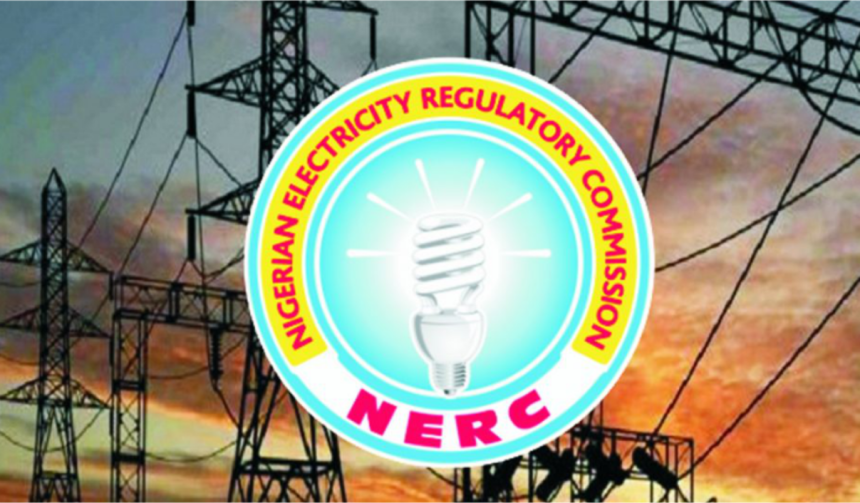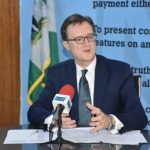The Nigerian Electricity Regulatory Commission (NERC) has issued a directive to the Transmission Company of Nigeria’s System Operator (SO) to limit the electricity supply to Togo, Benin, and Niger to a maximum of six per cent.
This mandate, revealed in a notice on May 3rd and effective from May 1, 2024, was signed by NERC’s Chairman, Sanusi Garba, and Vice Chairman, Musiliu Oseni.
The order, titled ‘Interim Order on Transmission System Dispatch Operations, Cross-border Supply, and Related Matters,’ is set to last six months with the possibility of extension upon review.
Nigeria, which provides power to the aforementioned neighboring nations, must now ensure that these exports do not surpass six per cent of the total grid capacity at any time.
NERC has raised concerns over the current grid dispatch methods, which have negatively affected the Distribution Companies’ ability to fulfill their tariff obligations to consumers.
The document criticizes the practice of limiting local Distribution Companies’ (Discos) load uptake in favor of international and Eligible Customers, calling it inefficient and unfair.
The commission has pointed out that the existing contracts between Generation Companies (Gencos) and international clients do not meet industry norms, with some clients exceeding their contracted supply during peak times without repercussions.
As a temporary solution, NERC aims to guide the SO and TCN in adopting Standard Operating Procedures that promote transparency and fairness in grid management.
The SO is instructed to enforce interim limits on the power supplied to international clients for six months, thereby reducing the strain on Gencos’ domestic supply commitments.
The SO is also tasked with creating a pro-rata load-shedding strategy to ensure fair distribution among all consumers, including Discos, international clients, and eligible customers, especially when there are generation deficits or grid disturbances.
The SO will monitor and report hourly power allocations, applying penalties for any breaches of grid directives or contracted amounts. The maximum power allocation for international clients will be capped at six per cent of the total grid generation per trading hour.
Furthermore, any bilateral agreements between generators and clients must receive explicit approval from NERC.
To enhance monitoring, the SO and TCN are required to install Internet of Things meters at key points, allowing for real-time tracking of power uptake by grid customers.
In addition, TCN has begun constructing two 132kV transmission towers at the Amukpe substation and is repairing the Benin-Delta and Delta-Oghara 132kV double circuit lines from May 4 to 17, 2024.
Consequently, there will be a temporary disruption in the bulk power supply to Benin Disco during this maintenance period.
“The commission hereby orders as follows: The system operator shall develop and present to the commission for approval within seven days from the issuance of this order a pro-rata load-shedding scheme that ensures equitable adjustment to load allocation to all off-takers — Discos, international customers, and eligible customers — in the event of a drop in generation and other under-frequency related grid imbalances necessitating critical grid management”, Part of the document read.
“The system operator shall implement a framework to log and publish hourly readings and enforce necessary sanctions for violation of grid instructions and contracted nominations by off-takers in line with the grid code and market.
“The aggregate capacity that can be nominated by a generating plant to service international off-takers shall not be more than 10 per cent of its available generation capacity unless in exceptional circumstances a derogation is granted by the commission.
“The system operator shall henceforth cease to recognise any capacity addition in bilateral transactions between a generator and an off-taker without the express approval of the commission,” it added.





